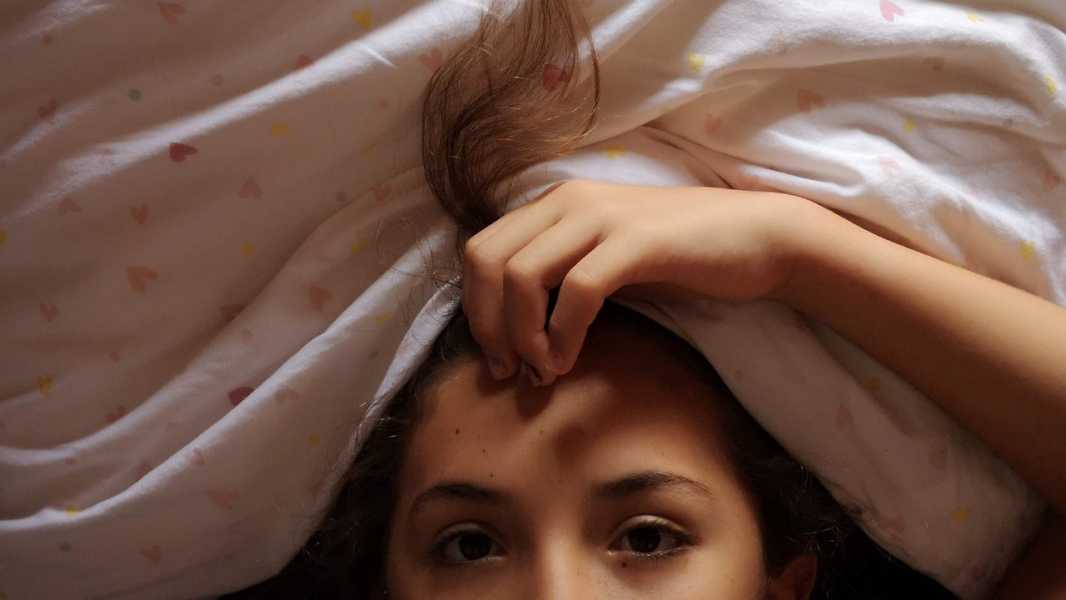
Save this storySave this storySave this storySave this story
When the photographer Juanita Escobar was nineteen years old, she left her native city of Cali, Colombia, to document a nature reserve in the country’s Eastern Plains, known as Los Llanos Orientales—or, as she calls them, El Llano. The project ended after six months, but Escobar remained. She was beguiled by the tropical beauty of the grasslands, where rivers swell during the summers and people lead placid lives on their margins. For nearly two decades now, Escobar has regarded the region’s entanglement of nature and culture with awe—they come together in an almost palpable collision, she told me recently—and has attempted to capture the ongoing exchange between them in her photographs.
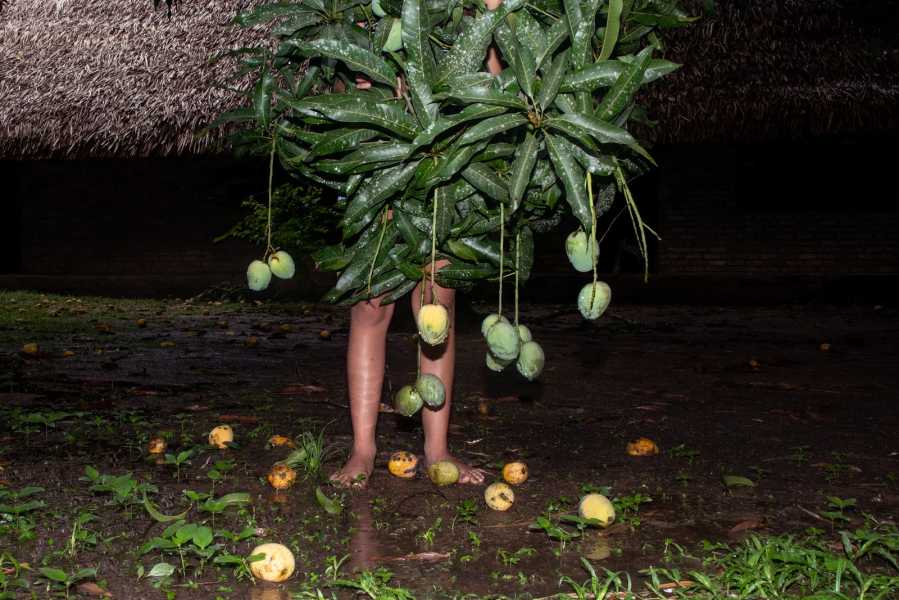
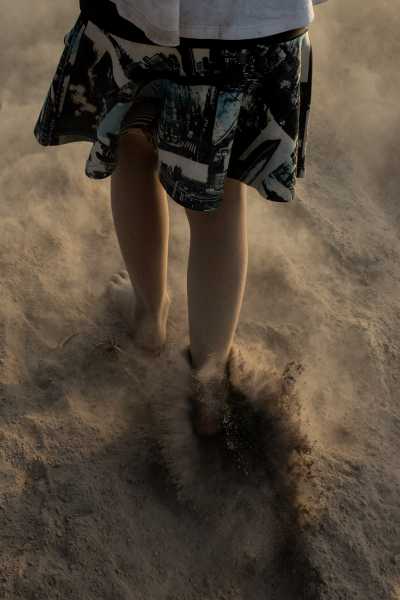
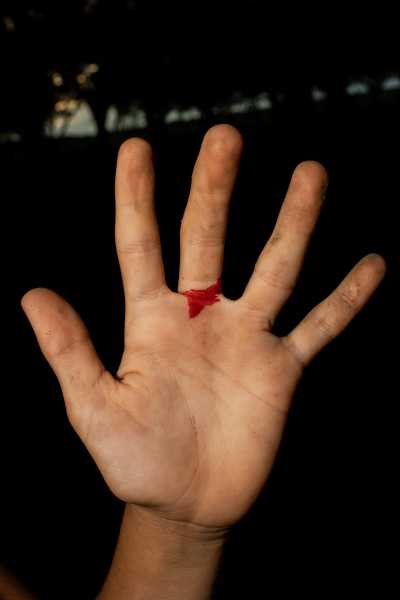
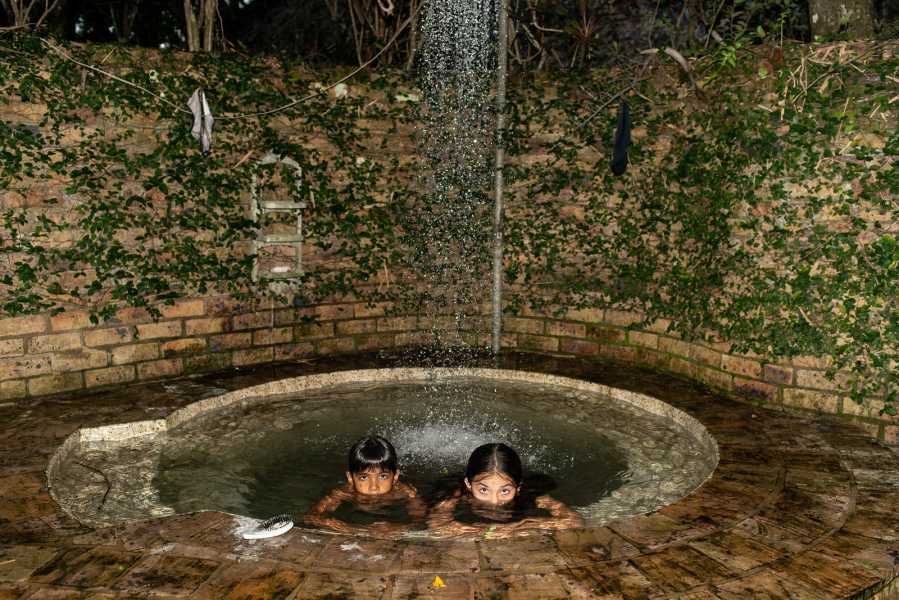
Shortly after moving to El Llano, Escobar met and befriended an anthropologist, Francisca Reyes. The two began working on a book of portraits of local women, a project they expected to take about four years. A year in, Reyes became pregnant; during her second trimester, a prenatal ultrasound detected a cleft lip and palate in her fetus. Given the impending arrival of a newborn, and the uncertainty wrought by the diagnosis, Escobar and Reyes considered pausing their work. Instead, they pushed through, and, after Reyes’s daughter, Sarai, was born, they shared the responsibilities of child care with each other and with the women in their book. “Sarai rode with us on horseback during those first three years of her life,” Escobar said, “and the relationships she formed, especially with the older women, were beautiful.”
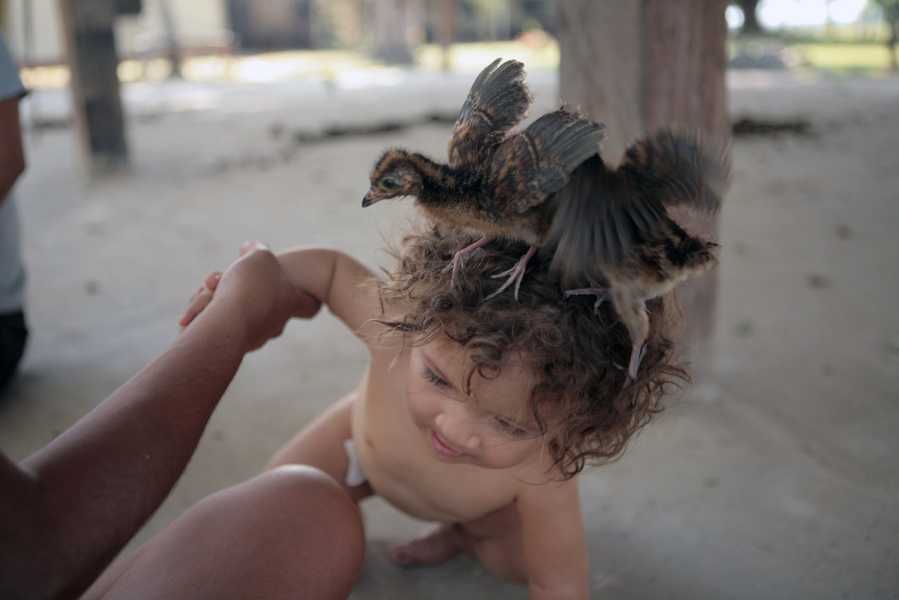
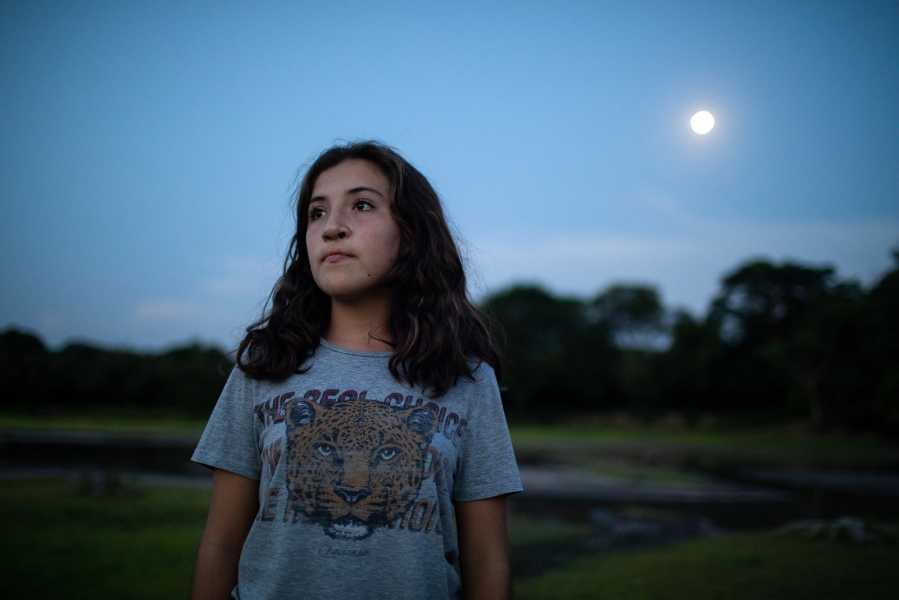
Sarai turned twelve in April, 2020, shortly after the COVID-19 pandemic began, and she started reflecting on that time. “I was a small creature upon whom customs were sketched,” she wrote in a diary, and “on my skin I bore the trace of a culture.” Along with her mother, stepfather, and younger brother, she quarantined in a remote ranch on the plains. Escobar eventually joined them, spending every day alongside the girl she considers her niece. “We were always together, trying to fill the gaps in time, so we began writing and taking photographs,” she told me. That diary entry is included in the book that resulted, “Solo Apto Para Mí Misma,” or “Only Suitable for Myself,” co-authored by Escobar and Sarai. There is an oneiric, almost haunting quality to Sarai’s writing that is bolstered by the book’s images. Her voice—in turns triumphant and despairing as she defines love or reflects on isolation—takes shape in velvety shots of her surroundings.
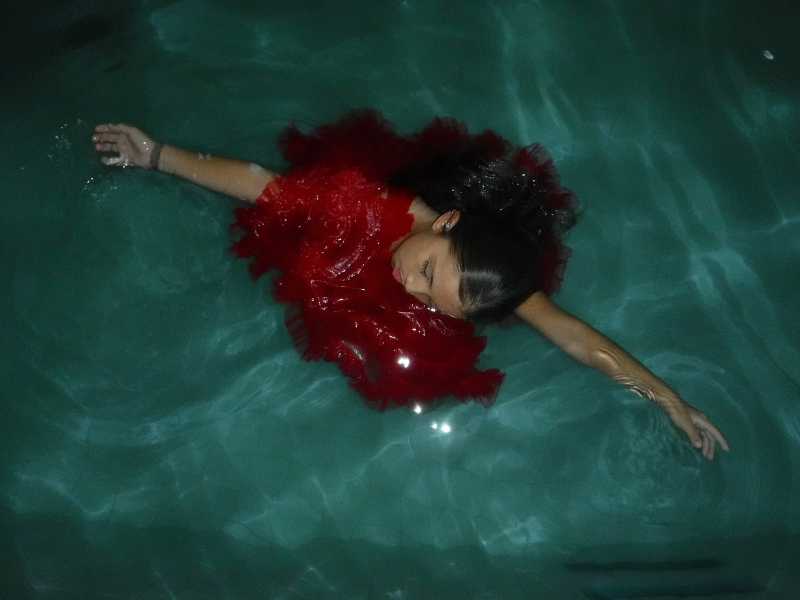
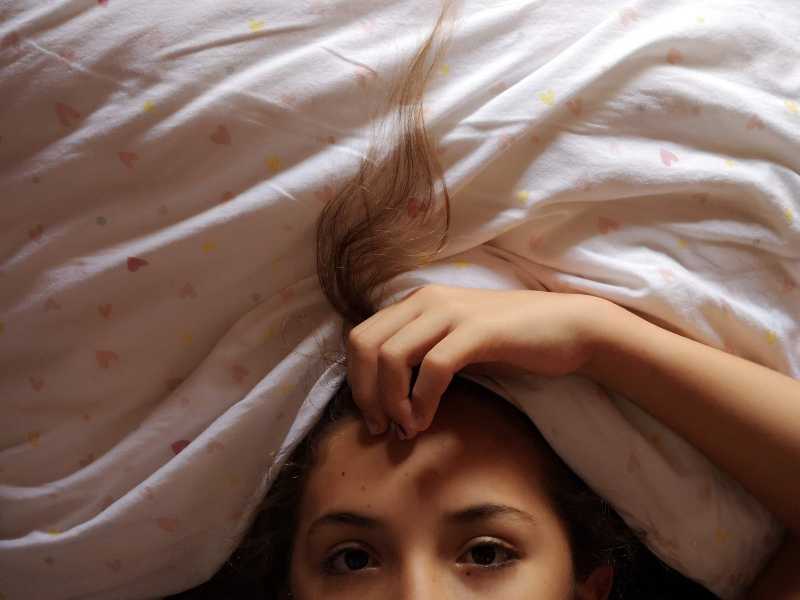
Some of the photographs date to Sarai’s earliest years. Next to a picture of herself as a toddler, nude and held upside down, the soft ringlets of her hair suspended in mid-bounce, Sarai describes herself as a “small insect” passed around and cared for by her community. “Now nobody here . . . recognizes me,” she writes, the universal lament of those standing at the door of adolescence. By 2020, Sarai had started to resent her bucolic upbringing, but the pandemic forced her to become reacquainted with the landscape of El Llano. In several of the book’s photographs, she appears engulfed by it almost entirely—submerged from the nose down in deep turquoise water or climbing up into the dense foliage of a tree. Others omit her altogether, capturing the natural realm unblemished by human presence, a fecund environment dotted with snakes and birds and fungi.
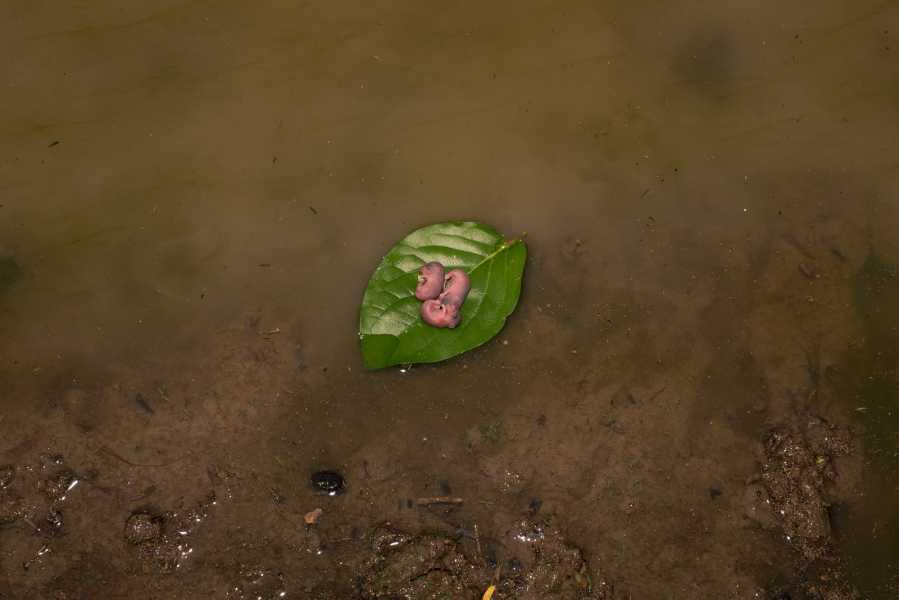
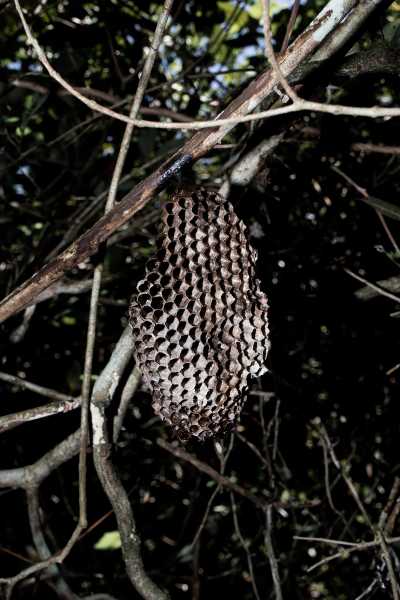
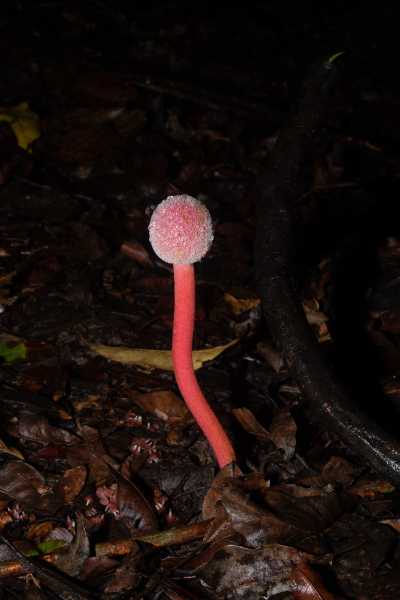
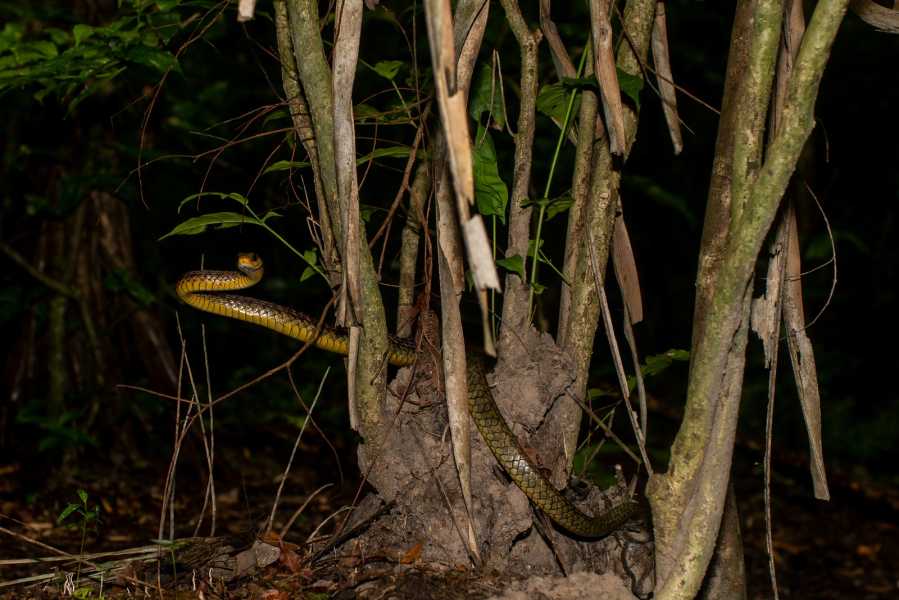
Escobar said that she wanted Sarai’s story to be reflected in the backdrop of El Llano, for nature to embody all the feelings and fantasies of a girl—and the organic, fluid way she writes about them. One gets a sense that the pandemic, bemoaned in the book’s pages by Sarai with the blunt sarcasm of a teen-ager, will ultimately reveal itself to her as a sort of veiled benediction. It granted her two things few of us are afforded: an early chance at reconciliation with the place we are from and an intense record of who we were in that moment.
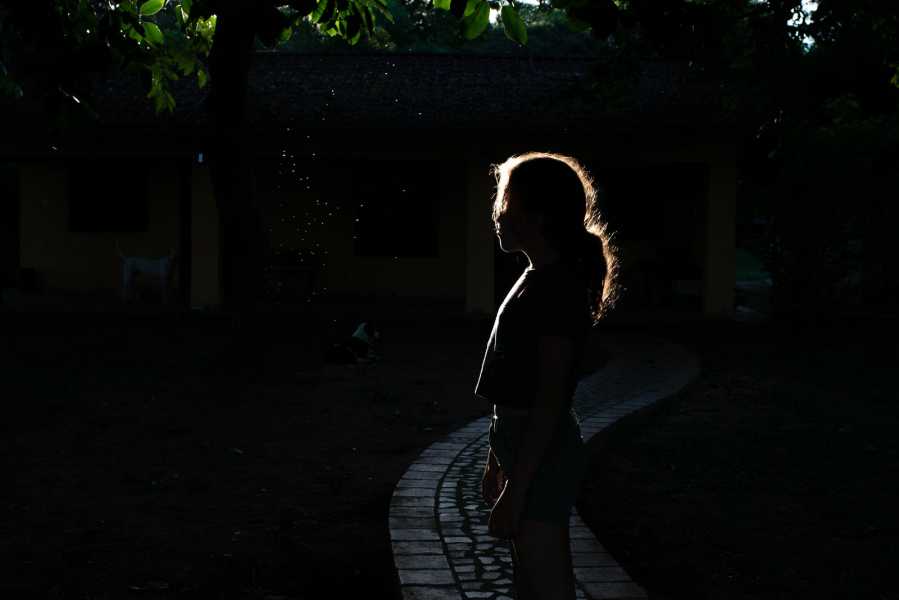
Sourse: newyorker.com